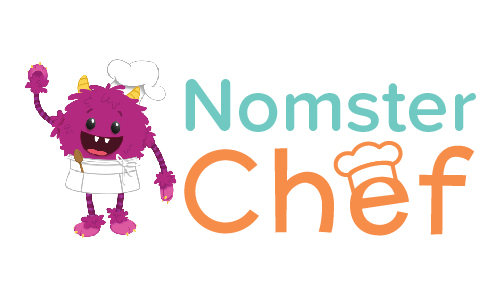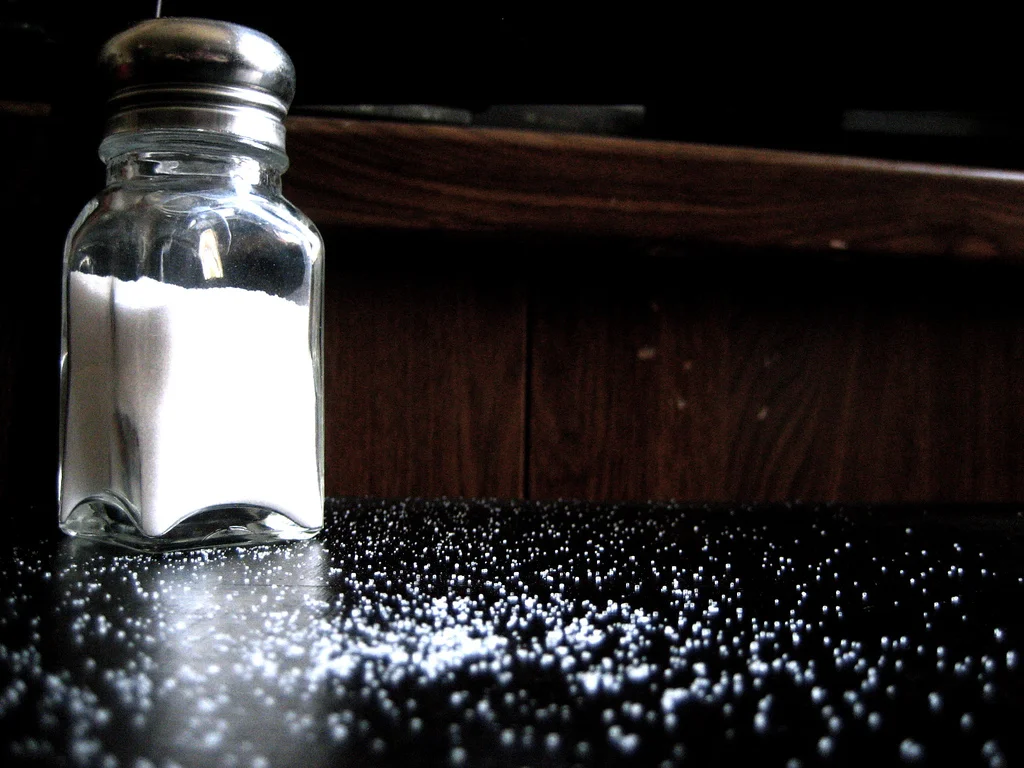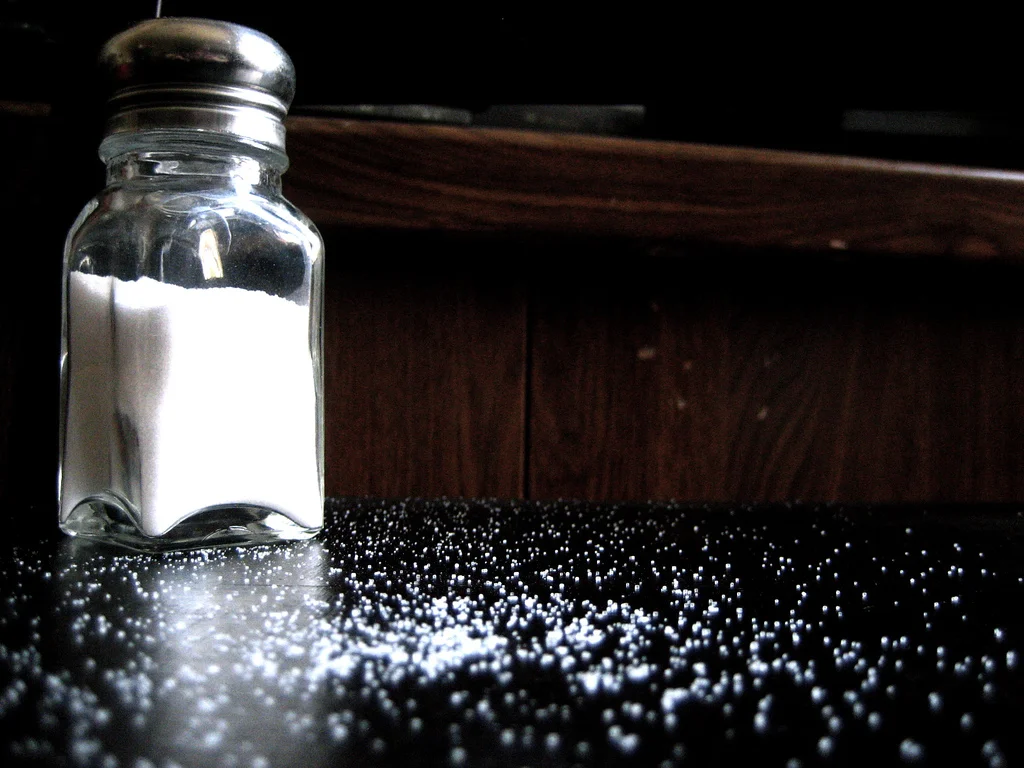Q: Is it okay to salt your child's food?
The short answer:
Yes, salting the food you make at home is totally fine, and can help your child be willing to try new veggies. But watch out for salt in processed/restaurant foods!
Image via Peppered Jane on Flickr
The long answer:
Too much salt in both kid diets and adult diets is not ideal from a health standpoint, leading to a risk of higher blood pressure. Kids typically get way too much salt in their diets, but most of the excess salt comes from processed and packaged foods or takeout, not home cooking. In a recent New York Times article, Dr. William Dietz from George Washington University's Sumner M. Redstone Global Center for Prevention and Wellness, lays it out:
"The salt that a parent adds to food 'is probably not going to tip the balance,' he said. 'But parents — both fathers and mothers — should be reading nutrition labels and be cognizant of the amount of sodium that a food contains.'"
So, a parent salting a child's food likely won't have an impact on health outcomes. But did you know that when it comes to meals prepared at home, salt actually can actually help develop your child's healthy eating habits? Research suggests that salting a new food, especially a bitter vegetable like brussels sprouts, can help the child learn to like the food. And, this newfound liking persists even after you take away the salt! But, as we've learned, you can keep on salting your brussels sprouts even after your kids like them, because the amount of salt used in home cooking is negligible compared to processed foods.
Takeaways:
- It is okay to salt your child's (and your) meals that you make at home BUT be mindful of all the added sodium found in processed and restaurant food
- When introducing a new food, especially a bitter veggie, salt can be beneficial in helping your child learn to like the new food
- Home cooked meals are healthier than takeout/packaged foods for a variety of reasons, one being less sodium content
To read more, check out the full New York Times piece here.



